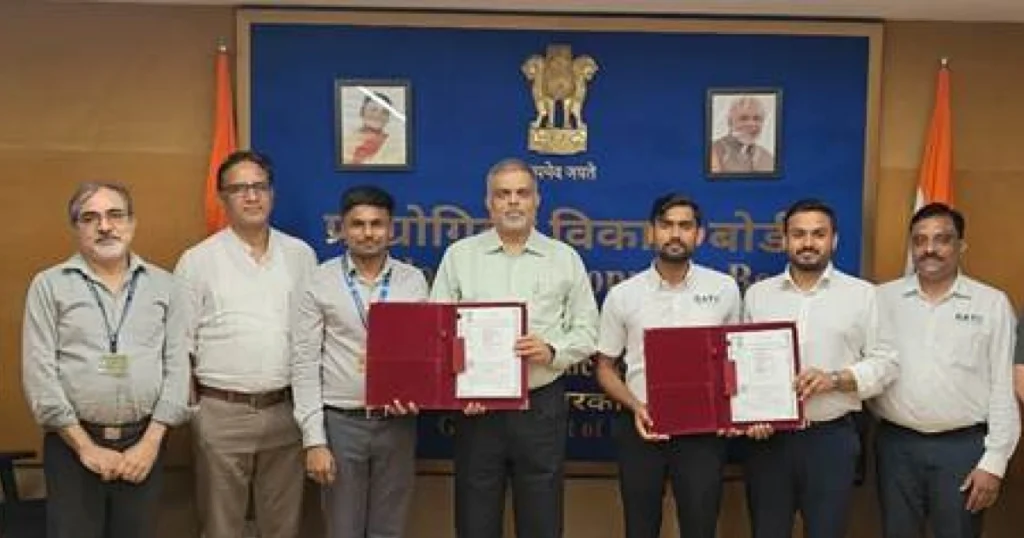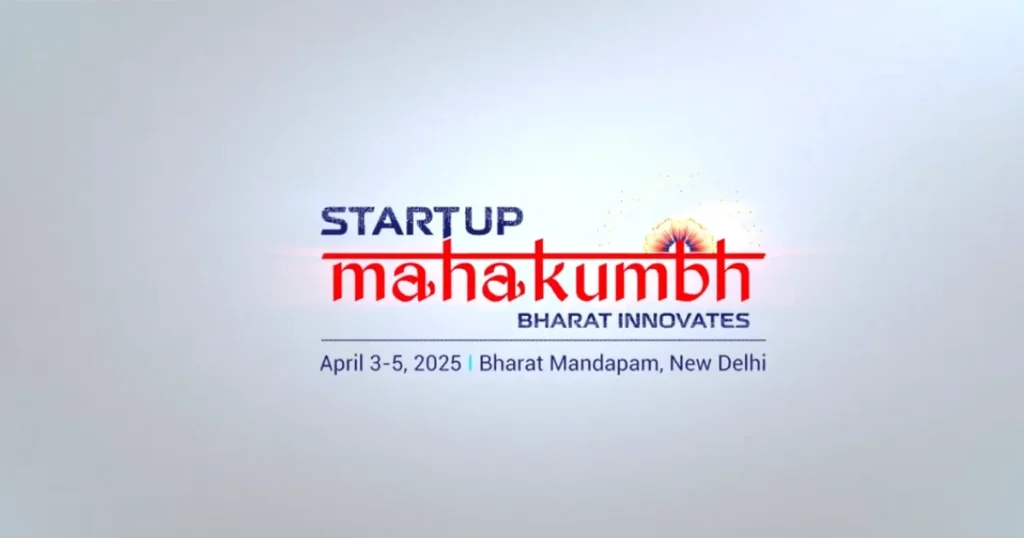The Department for Promotion of Industry and Internal Trade (DPIIT), and the National Council of Applied Economic Research (NCAER) have signed a Memorandum of Understanding (MoU) aimed at developing a robust framework and conducting an in-depth assessment of logistics costs in India.
The signing ceremony took place in New Delhi and was attended by prominent officials, including the Secretary of DPIIT, Shri Rajesh Kumar Singh, and senior representatives from both organizations.
The MoU was signed by Dr. Anil Sharma, Secretary and Operations Director at NCAER, and Dr. S K Ahirwar, Joint Secretary at DPIIT.
The collaboration is set to address critical aspects of the logistics sector, focusing on a detailed framework for the assessment of logistics costs, a comprehensive study for the fiscal year 2023-24, and an evaluation of cost differentials across various logistics routes, modes, and cargo types.
Key Objectives and Deliverables
The partnership between DPIIT and NCAER aims to achieve several key deliverables:
- Development of a Detailed Framework: The primary goal is to create a detailed framework for assessing logistics costs in India. This framework will serve as a foundation for systematic data collection and analysis, enabling more accurate and insightful evaluations.
- Comprehensive Study for 2023-24: NCAER will conduct an extensive study to assess logistics costs for the year 2023-24. This study will involve analyzing various elements such as trade flows, product types, industry trends, and origin-destination data pairs to provide a holistic view of logistics costs in the country.
- Assessment of Cost Differentials: The study will also focus on identifying differentials in logistics costs across different routes, modes of transportation, types of products, and service operations. This will help pinpoint areas where costs can be optimized and efficiencies can be improved.
- Identification of Major Determinants: The collaboration will involve identifying the major determinants that influence logistics costs across different sectors. Understanding these determinants will be crucial for developing targeted strategies to reduce costs and improve efficiency in the logistics sector.
Panel Discussions and Stakeholder Engagement
During the seminar, a panel discussion was held with participation from senior government officials from DPIIT and GSTN, as well as representatives from multilateral institutes, industries, and academia.
The discussions highlighted the importance of data-based evaluation of logistics costs and the need for a comprehensive approach to address the diverse nature of the logistics sector.
Stakeholders from the logistics sector and industry associations provided valuable insights during the open discussion session. The response was overwhelmingly positive, with several key suggestions being made.
Participants emphasized the importance of identifying high-value and high-volume commodities for the study, considering intangible and indirect elements of logistics costs such as delays, and accounting for investor perspectives in terms of business convenience and establishment costs.
Implications for the Logistics Sector
The MoU is expected to have far-reaching impacts on the logistics sector in India. By providing a detailed and systematic assessment of logistics costs, the study will offer valuable data that can inform policy decisions and industry strategies.
This initiative aligns with the objectives of the National Logistics Policy (NLP), which was launched on September 17, 2022, with the aim of reducing logistics costs as a percentage of GDP.
In December 2023, DPIIT’s Logistics Division had launched a report titled “Logistics Cost in India: Assessment and Long-Term Framework,” prepared by NCAER.
This report provided a baseline aggregated logistics cost estimate and a framework for long-term cost calculation.
The current MoU builds on this foundation, emphasizing the need for regular assessment and monitoring of logistics costs.
A Systematic Approach to Data Collection
The systematic collection and analysis of logistics cost data are essential for achieving the goals of the NLP.
This process involves using detailed trade flow data, product types, industry trends, and origin-destination pairs.
Additionally, conducting secondary surveys and institutionalizing a framework for periodic data collection are critical components of this initiative.
By leveraging these data-driven approaches, the government aims to create a more efficient and cost-effective logistics sector.
The insights gained from the comprehensive study will not only benefit the industry by identifying areas for cost reduction but also aid policymakers in developing targeted interventions to enhance logistics efficiency.
Conclusion
The MoU between DPIIT and NCAER marks a significant step towards improving the logistics sector in India.
The collaboration’s focus on developing a detailed framework, conducting comprehensive assessments, and identifying cost differentials will provide valuable insights for optimizing logistics operations.
As the study progresses, the findings are expected to have a transformative impact, contributing to the overarching goal of reducing logistics costs and enhancing India’s competitiveness in the global market.



















